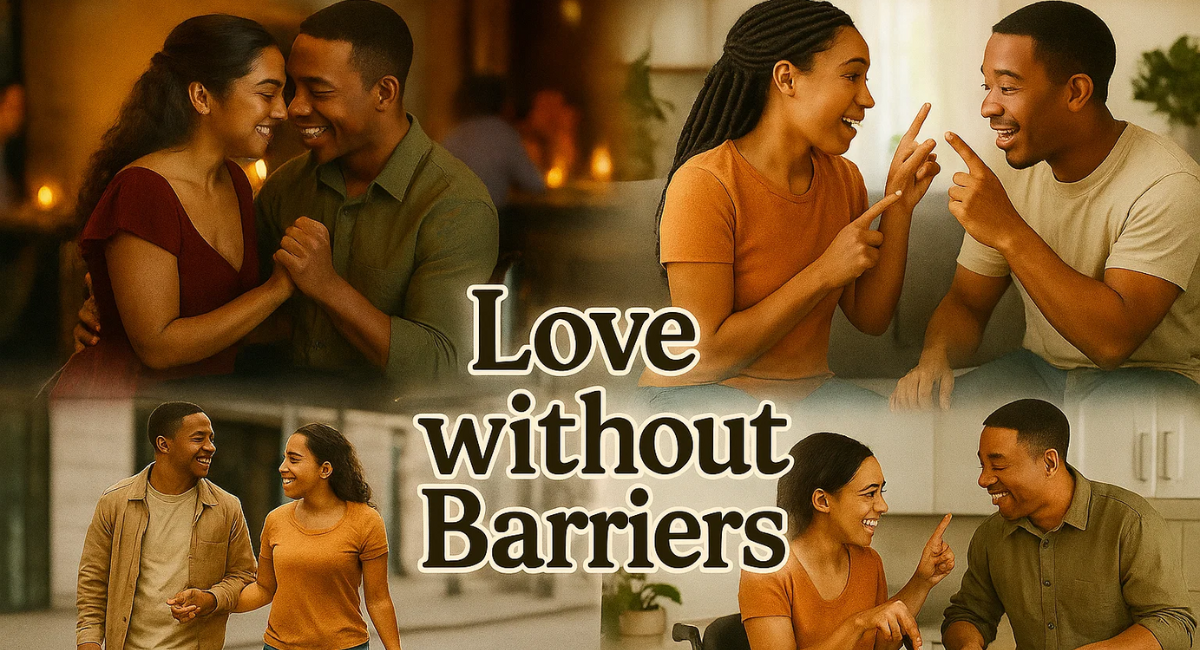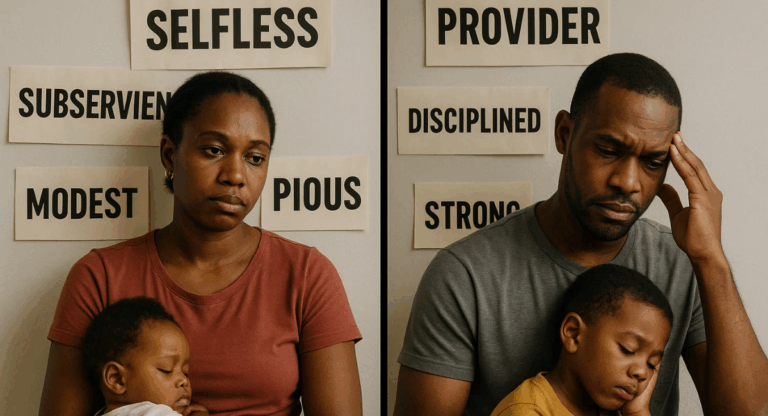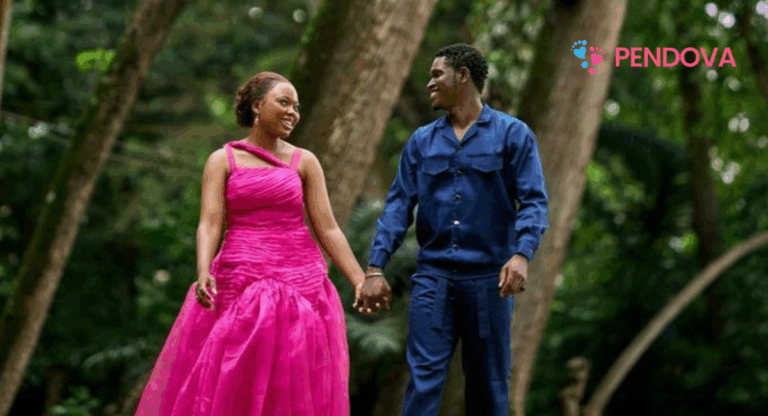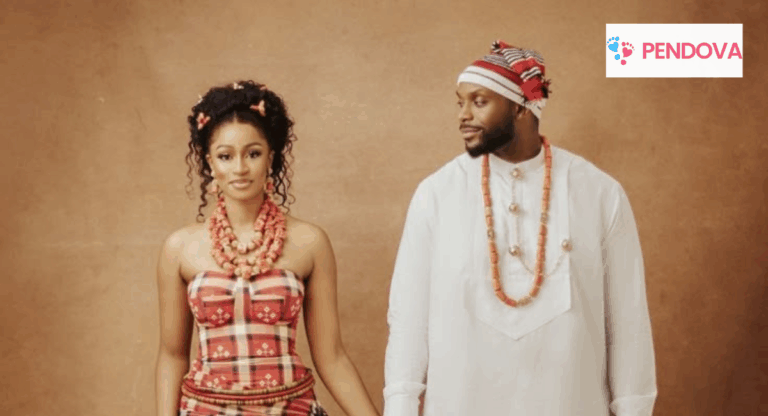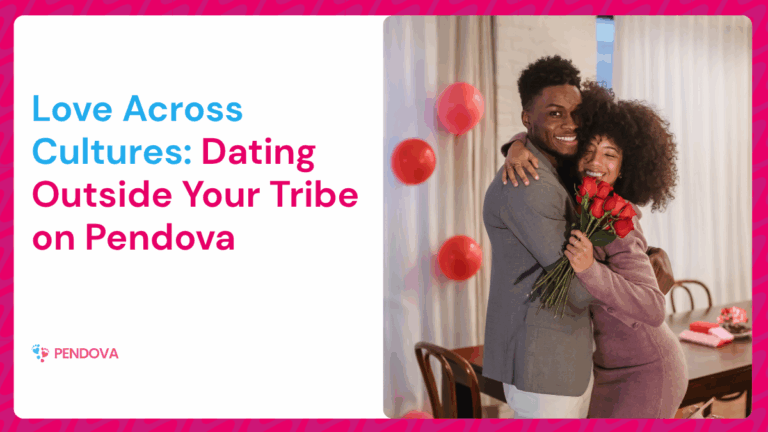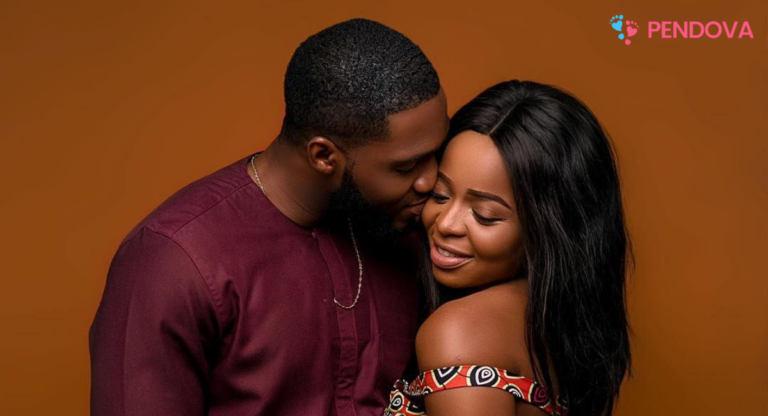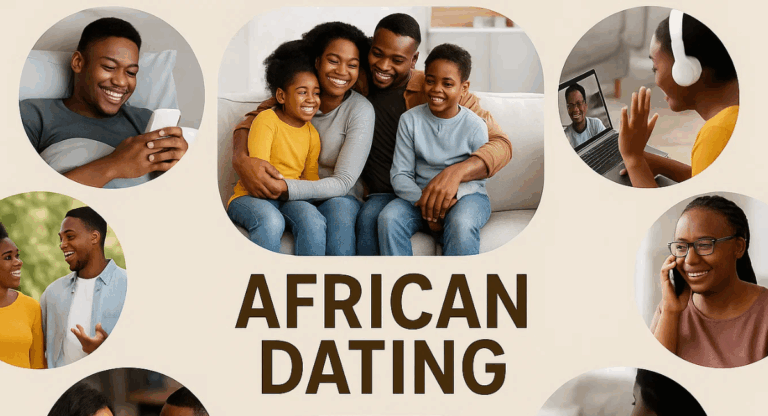Dating with Disabilities in Africa
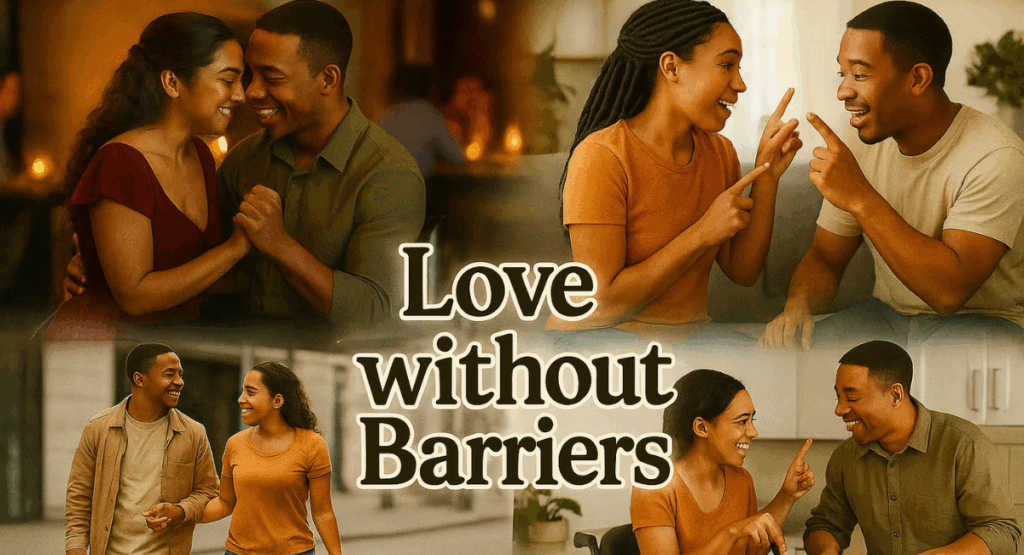
Dating is one of the most personal things we do. It’s where vulnerability meets hope. Where we open ourselves up to connection and share pieces of who we are. In Africa, like everywhere else, people fall in love, break up, try again, and build lives together. But for many people living with disabilities, this journey is far more complicated than it should be.
It’s not because they are incapable of loving or being loved. Far from it. The problem is the world around them, how it sees them, how it speaks about them, and how little room it gives for their love stories to unfold.
This is not about feeling sorry. It’s about being real. People with disabilities in Africa are dating. They are falling in love. But they are also facing layers of struggle that most never have to think about. Let’s talk about it honestly.
Download Pendova on Google Playstore:

iOS Users can access Pendova app on web.pendova.com
1. Universal Love
Too many people treat love like it’s something people with disabilities are lucky to have, as if it’s a gift rather than a birthright. But love is not something you earn by walking, seeing, hearing, or moving like everyone else. It is a deeply human need to be held, seen, chosen, and cared for.
People with disabilities don’t want pity. They want partners. They want conversations, mutual attraction, chemistry, shared dreams. The same things everyone else wants. And yet, many are made to feel like wanting these things is asking for too much.
2. Social Stigma
In some African communities, having a disability is still wrongly associated with shame, spiritual punishment, or bad luck. As a result, families often hide or isolate relatives with disabilities. Some are discouraged from going to school, appearing at social events, or even dreaming of relationships.
This cultural silence can turn internal. Some grow up believing they are not worthy of being loved. Others live in fear of rejection, not because of their personality, but because society has already decided they’re not desirable.
The truth is, stigma kills confidence. And confidence is key in dating. When you’re raised in an environment that treats you as “less than,” it becomes harder to step into romantic spaces with pride.
3. Media Ignorance
If you look at African movies, music videos, wedding pages, or relationship podcasts, how often do you see disabled couples? Rarely, if at all. This lack of visibility is powerful. It quietly tells disabled people, “Your story isn’t worth telling.”
And when those stories are told, they’re often turned into inspirational tales. As if the partner who “accepted” the disabled person deserves applause. As if love finds them by accident, not by intention. Representation matters. Because until you see someone like you being loved openly, being chosen fully, it’s hard to believe it can happen to you too.
4. Inaccessible Public Spaces
A lot of African public spaces are simply not designed for people with disabilities. Ramps are missing. Sign language interpreters are absent. Transportation is a nightmare. Now imagine trying to go on a simple date, to a café, a park, or a concert, when getting there is already a major struggle. Even something as basic as holding hands or dancing with your partner becomes complicated if the environment isn’t safe or accommodating. It makes dating feel like a battle instead of a joy. And yet, they still try. They adapt, adjust, and create love stories in the spaces left to them.
5. Digital Dating Exclusion
Online dating should level the playing field, right? But even there, people with disabilities face bias. Most African dating apps don’t allow users to express their accessibility needs or preferences. The apps focus on images, but the assistive tech side is still lacking.
Some users are afraid to mention their disability in their bios. Not because they are ashamed, but because they know how often the conversation ends the moment they reveal it. This makes online dating feel more like walking through a crowd where everyone looks but few see you.
6. Right To Choose
One of the most painful myths is that people with disabilities should “settle” for whoever shows interest. As if choosing for themselves isn’t their right. As if standards, attraction, and boundaries don’t apply to them. This thinking leads to emotional harm. Some disabled individuals stay in toxic relationships because they’ve been taught this might be their only shot at love. But they deserve to say no. To want more. To choose distance from those who bring them down. Just like everyone else.
7. Trust
In any relationship, trust is important. But for people living with disabilities, it’s everything. They need partners who are willing to understand their day-to-day experiences, not just tolerate them. A partner who will ask questions instead of making assumptions. Someone who sees the person first, not just the disability. The most powerful thing a partner can say is, “I want to learn how to love you better.” That’s what builds deep, real connections.
8. Family Interference Issues
In many African homes, dating isn’t just about two people; it’s about families. And sadly, many parents still discourage their children from dating or marrying someone with a disability. They worry about what others will say, or whether that person can “take care” of their child. Some even go as far as breaking off relationships because they can’t imagine disability and love coexisting. It’s painful, but it’s real. Cultural change takes time. But it has to start somewhere, and often, it starts with one couple who refuses to hide.
9. Love Across Barriers
For all the obstacles, love keeps finding a way. Some couples meet at disability support groups and start slow, shy romances. There are marriages where one partner is deaf and the other learns sign language just to say “I love you.” Some people fall in love online, never meeting in person until years later, only to find that their bond is stronger than anything physical. These stories are not rare. They are simply under-told. And they deserve the spotlight just as much as any influencer couple on Instagram.
10. Dignity Over Sympathy
Love shouldn’t come across as an act of charity just because disability is involved. It should not feel like a burden. It should feel like love. A disabled person deserves someone who wants to be there, who wants to hold their hand in public, who wants to post them proudly, who wants to dream with them. Someone who laughs with them, fights for them, grows with them.
Romantic love is not about perfection. It’s about connection. Most of them feel deeply, love fully, and give without holding back. They are not half-humans. They are not “incomplete.” They are whole and worthy.
Final Thoughts
Dating with a disability in Africa is a story of strength, courage, and quiet rebellion. It’s about pushing back against silence, stigma, and spaces that say “you don’t belong here.” It’s about showing up anyway. Loving anyway.
There’s a long way to go. But one thing is certain: disabled people are not waiting for permission to fall in love. They’re already doing it. And the world needs to start seeing what’s always been there. Let their stories be seen. Let their voices be heard. And let love be love, in all its forms, without apology.
Follow our Social Medias:

